Tuesday, April 30, 2024

Contested Citizenship Marginalizes Libya’s Vulnerable
After a decade of conflict, Libya has made welcome progress toward stability. A cease-fire inked in October 2020 paved the way for the establishment of an interim unity government tasked with preparing for national elections at the end of 2021. While these developments are cause for hope, numerous issues remain that could threaten long-team peace — including many people’s undetermined legal status. An estimated several hundred thousand people in Libya — even some born and raised in the country — lack proof of citizenship. Marginalized groups, such as those with disabilities, are among those most impacted by citizenship struggles. In this war-torn country, this is but another issue that exacerbates conflict and tension.
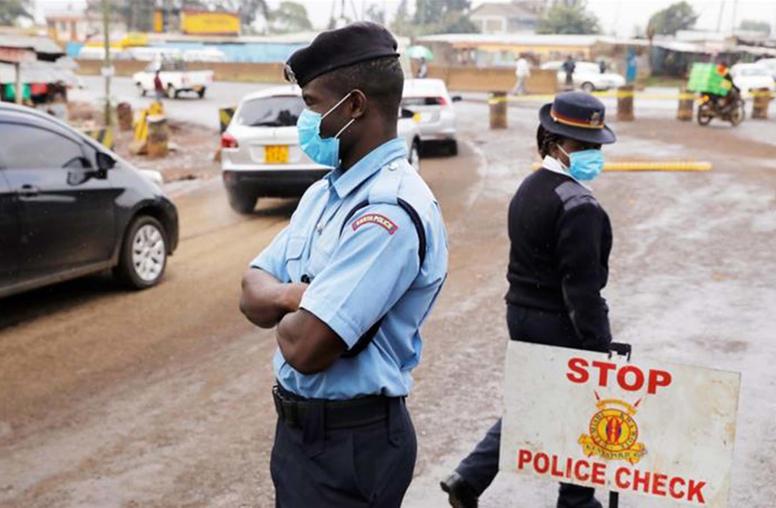
The Dilemma for Kenya’s Police Amid the Pandemic
From Nigeria to the United States and beyond, the added pressures of COVID-19 have pushed community-police relations to the breaking point as police have found themselves thrust to the frontlines of the coronavirus response. This issue has been particularly acute in Kenya, where police were tasked with new responsibilities without proper equipment or information. The resulting confusion has been a catalyst for increased tensions between the police and everyday Kenyans — including reports of violent and heavy-handed crackdowns from police.
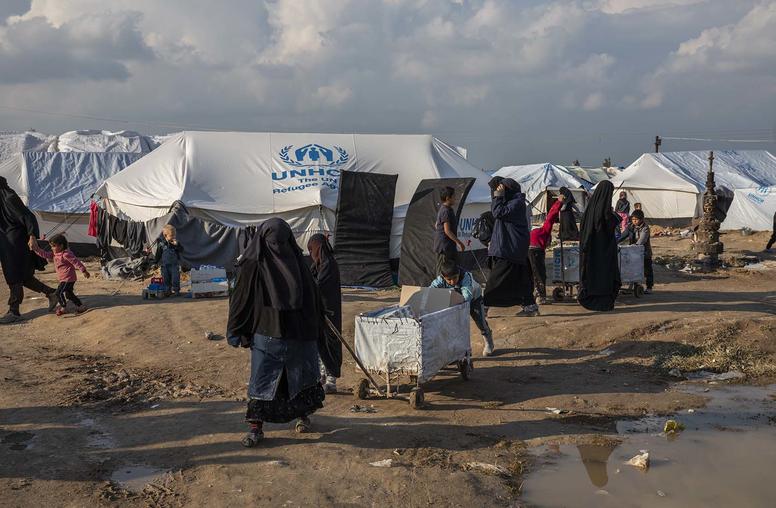
We Must Try ISIS’ Terrorists—or Risk Creating New Ones
As nations worldwide debate how to handle thousands of their citizens who became fighters for the Islamic State, some people argue for revoking their citizenship, barring them from their homelands. This would leave ISIS ex-fighters in an uncertain detention in Syria, denying them normal judicial processes. Defenders of this idea cite ISIS’ extreme brutality—and some argue that vengeance is justified, in part to protect ISIS’ victims. As a former ISIS hostage painfully familiar with that brutality, I must reply that our only viable path is to bring these fighters home to face justice in courts of law.

What can save science from COVID disinformation? Let’s try religion.
Doctors, nurses and scientists worldwide desperately need help against not only COVID, but a pandemic of disinformation that is disconnecting millions of people from facts and reality. Conspiracy fantasies spread fears that the COVID virus is a hoax—invented, say, to cover up deaths caused by cellphone signals, or to let governments inject us with microchip-infused vaccines to track everything we do. As health sciences and even critical thinking struggle to be heard amid the shouting, one of their best allies could be science’s old, perceived foe—religion. At least, that is, religion as exercised by interfaith communities.

Four Lessons I Learned from the Dalai Lama
In October 2019, I visited Dharamsala, a small town in northwestern India where the Dalai Lama and other Tibetans have made their home. I consider myself blessed not only to have eaten momos, grilled vegetables, bananas and bread with the Dalai Lama, but also for having shared those moments with 22 other youth leaders who came from countries like Syria, Iraq, Myanmar, Afghanistan and Somalia, among others. I met the Dalai Lama and other youth peacebuilders as part of the U.S. Institute of Peace’s Generation Change Fellows Program. Everything I heard from them and the Dalai Lama touched me in a profound way.
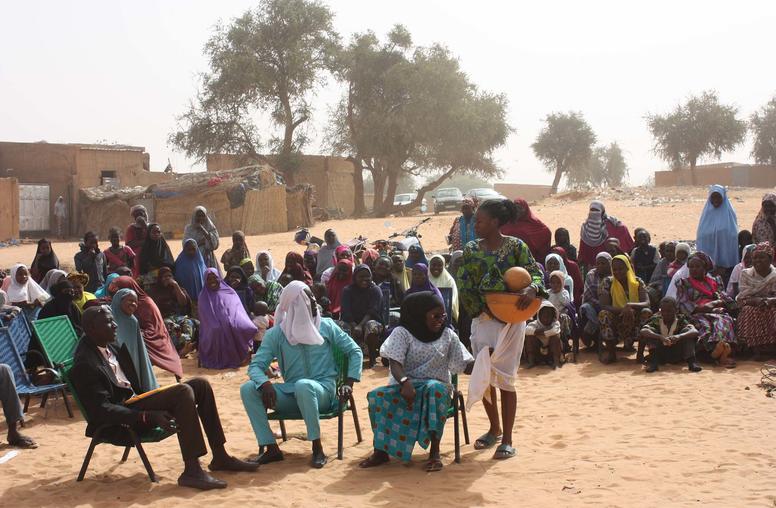
A Sahel City’s Residents Take the Lead on Justice and Security
A community here in Niger’s capital city is answering a security problem common across the Sahel. Nigeriens suffer violence by extremist organizations, drug smugglers, human traffickers—and the hazards of COVID. Yet Niger, one of the poorest countries in the world, has few financial resources to respond to this insecurity. So at little cost, a community here in Niamey has found ways to improve its own security in partnership with the local government. This has been critical to help the community improve safety despite COVID, floods and, most recently, the tensions of a national election.

In Iraq, Advocates Aim to Reform Education to Build Collective Identity
Vida Hanna, a director for public relations at Catholic University in Erbil, recalled the first week of her first-grade year when a classmate called her a kafir, or an infidel, upon learning that she was Christian. “He told me I would burn in hell,” said Hanna, a former member of USIP’s Iraq team, still shaken by the experience 22 years ago. Hanna’s experience is a microcosm of the ignorance and negative thinking that exist among segments of Iraqi society, which can exacerbate intercommunal tensions.

In Memory of George P. Shultz: The Constant Gardener-Diplomat
Many colleagues and acquaintances of the late Secretary of State George P. Shultz will remember his tendency to equate diplomacy with gardening. To Shultz, the diplomat should devote unwavering attention to his “plants”—that is, the day-to-day work of diplomacy, which requires long-term planning, the steady and diligent tending of relatively unchanging interests, and the cultivation and maintenance of alliances.
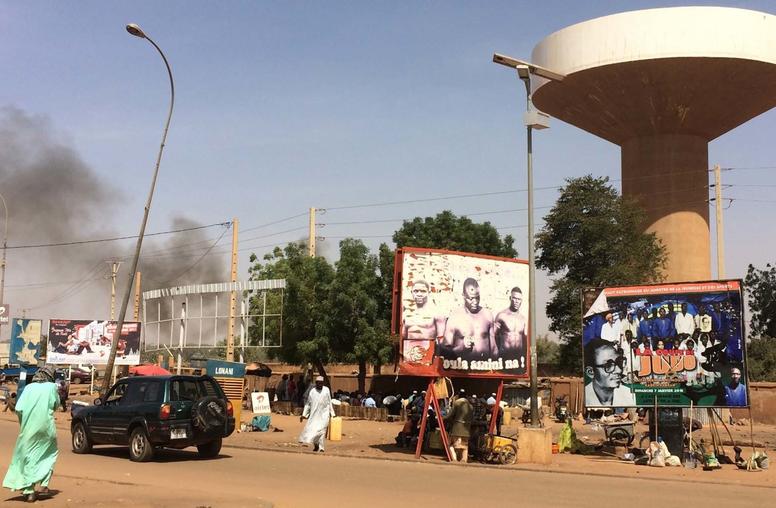
Amid Sahel’s Crises, a Community in Niger Builds Peace
The 135 million people of Africa’s Sahel region work with thin resources as they labor to stabilize their countries against layers of crises—extremist violence, the COVID pandemic and natural disasters. But in one of the world’s poorest regions and countries, a community in Niger’s capital city has united to produce what can seem like a small miracle of self-reliance. With the simple tools of community meetings, cellphones and voluntarism, a network of residents worked with police services and officials to help contain COVID, prevent violence, reduce crime—and even save residents from a disastrous flood.
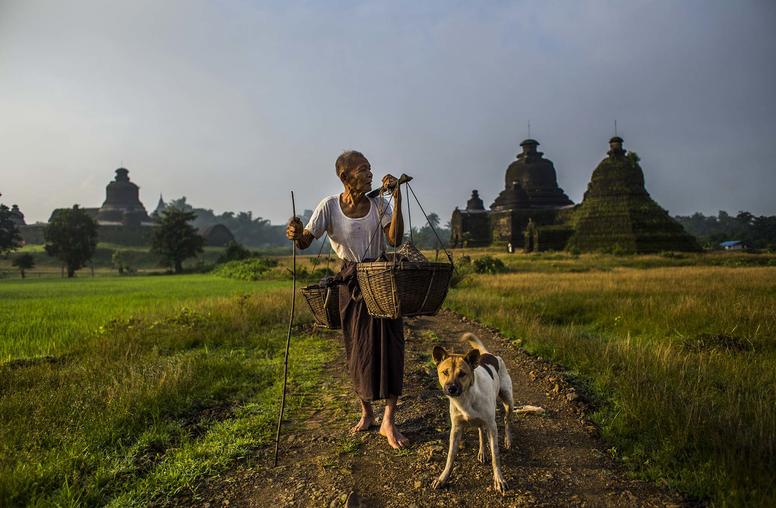
Visions for Peace in Burma
Burma has faced various ethnic conflicts since shortly after its independence in 1948. In that time, five different peace efforts have failed, leaving Burma in what constitutes the world’s longest running civil war. However, since the country’s November 8 elections, there has been a flurry of meetings between ethnic-armed organizations and the military, known as the Tatmadaw. These unexpected talks are the first signs of progress toward a resolution of the seemingly intractable war—that is, if the sides can learn from the past and create a fresh, inclusive renewal of the peace process that draws on the country’s diverse voices advocating for peace.
